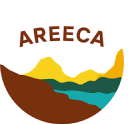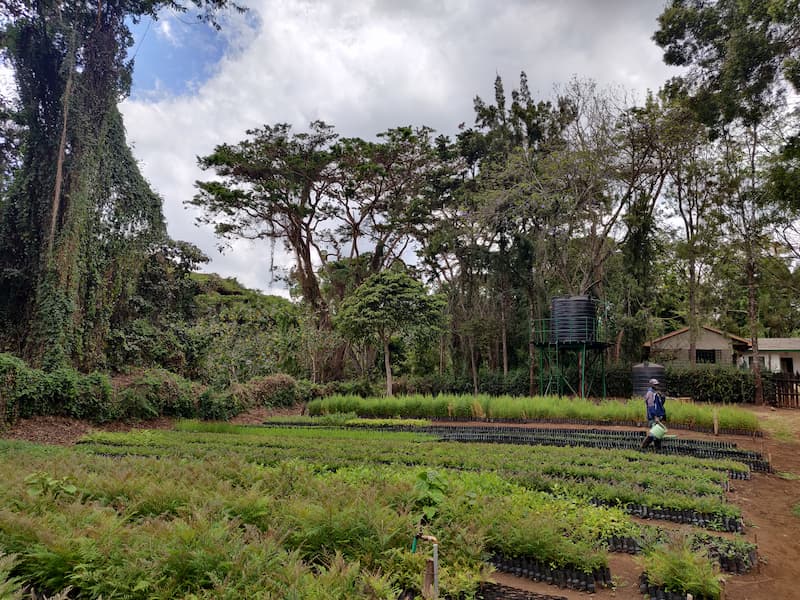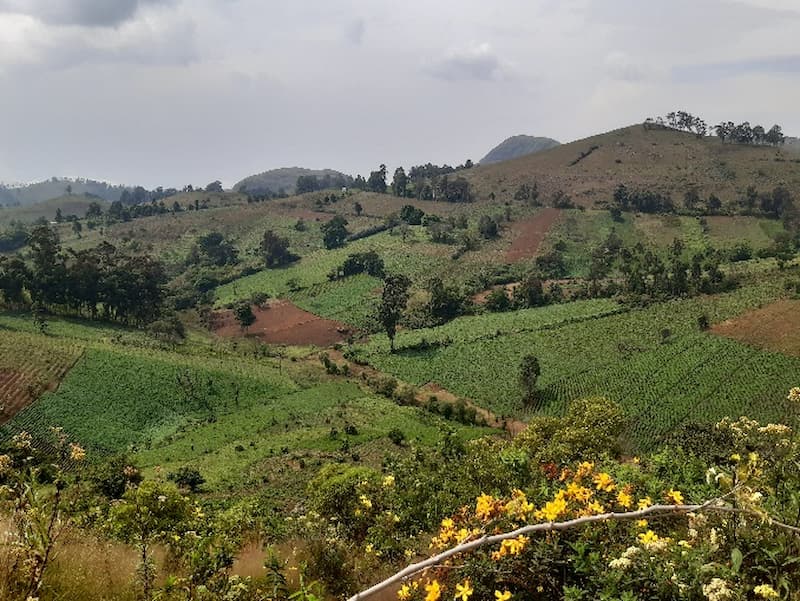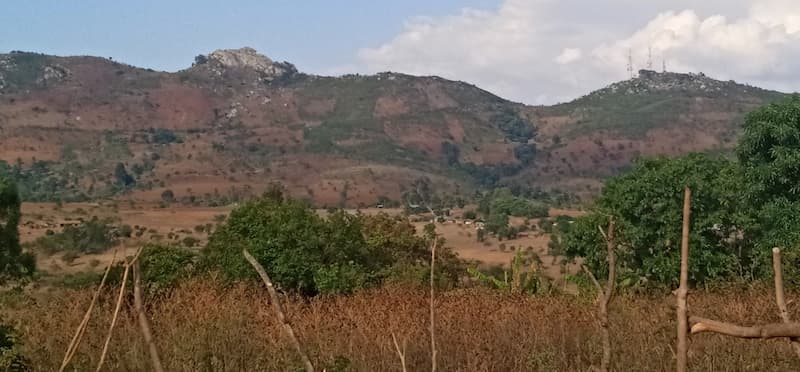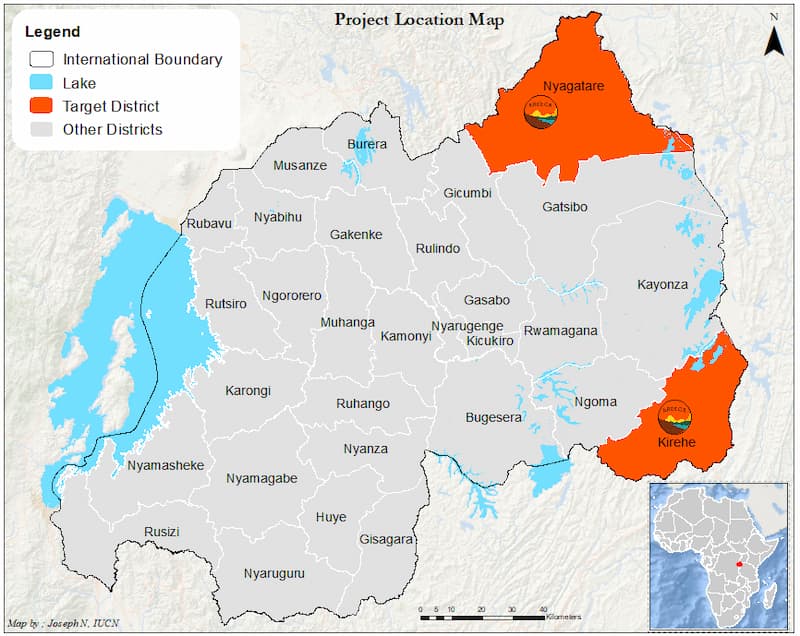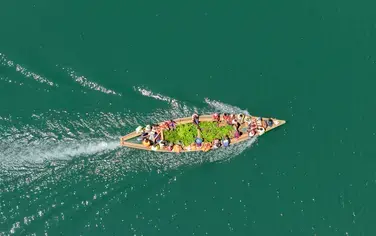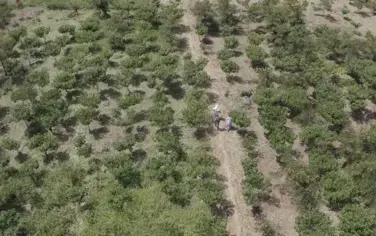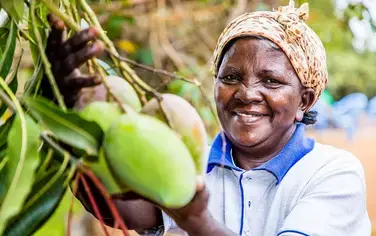The loss of forests and advancing land degradation are among the many challenges people living in Central and East Africa face. Even as agricultural and land use practices continue to damage the land, the region’s ecosystems face the looming threat of climate change. These compounding effects undermine land productivity and food and water security, weaken livelihoods, harm biodiversity and reduce the resilience of communities to climate change.
Forest and landscape restoration (FLR), a set of approaches that restore ecological and economic productivity to the land, can help reverse that negative trend. However, poor natural resource governance, little access to innovation and resources, and unfavorable public policies prevent many AFR100 partner countries from scaling up their restoration work. At the same time, there are many African communities, enterprises and government leaders already invested in the movement to restore forest landscapes and ecosystems. As national ambitions to protect communities, the climate, and biodiversity continue to grow, so does pressure for local stakeholders to match these commitments in the field.
With the goal of unblocking the barriers to large-scale restoration in Africa, the AREECA consortium brings the strong technical expertise and ample experience of leading institutions to the task of large-scale landscape restoration in Cameroon, Kenya, Malawi, and Rwanda. AREECA aims to increase the socio-economic, ecological and climate-related benefits of appropriately planned large-scale restoration for communities. The activities within the four partner countries differ according to the specific national and local needs, but overall, the program will technically support the restoration of a minimum of 100,000 hectares within each country. In addition to transforming the health of whole landscapes, AREECA strengthens the core capacities of local farmer organizations to make work on the ground more efficient and impact-oriented, improve household incomes, and improve the institutional and technical capacities for landscape-level restoration. The goal is to build private sector engagement and cross-sectoral collaboration, monitoring and exchanging on FLR progress and best practices, crafting subnational development strategies and raising awareness are the approaches that AREECA uses to scale up restoration.
The programme’s partner institutions support capacity building and provide policy advice to enable FLR, unblock large-scale finance and leverage resources, share experiences and monitor results. The programme’s monitoring system will integrate high-quality independent data within nationally specific monitoring processes. AREECA also works closely with the AFR100 Monitoring Working Group on the joint development of monitoring indicators for the whole AFR100 partnership.
Purposefully employing an evidence-based gender approach, the programme’s target groups are land users and their organisations at the local level, government institutions at the local, regional, and national levels, traditional authorities, private sector enterprises and NGOs, and finance institutions, with the goal of forming networks of action that can create sustainable impact at the policy level and on the ground.
AREECA will have impact by increasing and safeguarding carbon stocks in vegetation and soils, diversifying land use systems and the climate resilience of subsistence farmers, and reducing pressure on biodiversity-rich habitats. Around 185,000 people, with a focus on smallholder farmer households, will be directly supported to better manage forest landscapes. By providing farming household erosion control and planting materials, the programme will help communities manage both plantations and natural forests, establish and improve agroforestry and sustainable agricultural systems. AREECA supports private sector growth for FLR, e.g., by identifying and building the capacity of restoration entrepreneurs.
Key Resources:
- Programme overview presentation (PDF)
- Programme Details
- Restoring forest landscapes in Africa (giz.de)
- Country Factsheets (available soon)
Photo credits: Courtesy of AREECA

